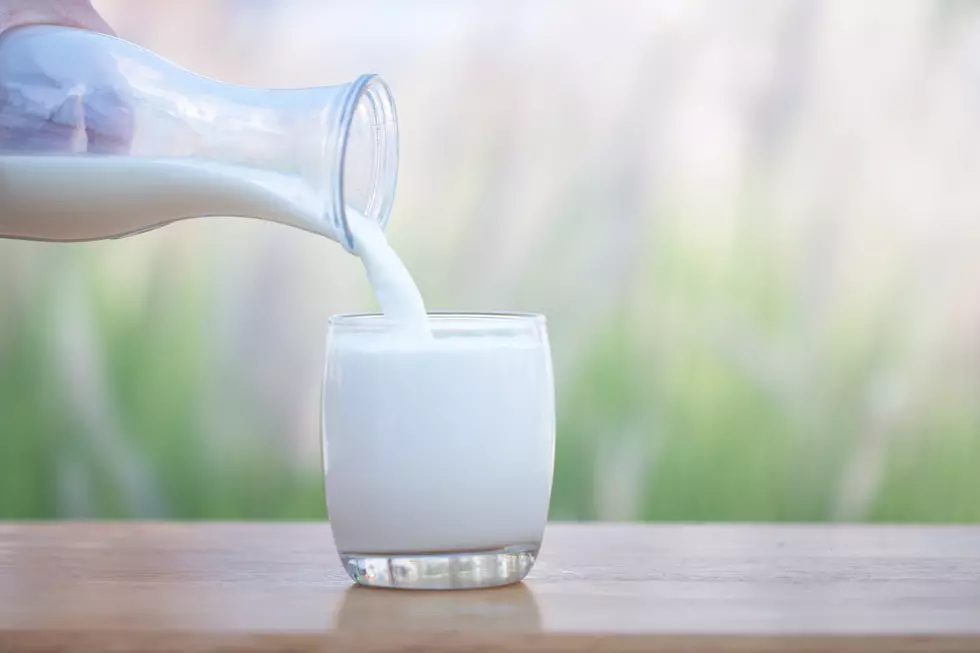Yes, cow's milk does provide protein, calcium, and vitamin D. However, it is also high in sugar, fat, calories and is pumped full of antibiotics and hormones. Cows only lactate when they are pregnant, therefore mother cows are kept nearly constantly pregnant in order to continue to produce milk. They are also injected with additional hormones to help them continue to produce more milk than they would be able to naturally. In addition, since these cows are continuously milked, they tend to get infections often which leads to pus in the milk. According to the USDA 1 in 6 cows become infected, which leads to greater than 90% of their somatic cells being neutrophils which form pus. THE AVERAGE SOMATIC CELL COUNT IN U.S. MILK is 1,120,000 per cup. If that's not enough to turn you off, I don't know what is! Repulsive thought #2, do you really want to drink another animal's breast milk?!
Now let's talk alternatives, as there are healthier alternatives to cow's milk. Cow's milk is not the best nor only source of calcium, protein and vitamin D, it is simply one source of them. If you eat meat or a protein based, plant diet, rich in beans, nuts, and healthy grains you need not worry about protein. If you eat other dairy items (yogurt, cheese, etc), beans, nuts/seeds, leafy greens and beans, then you are getting enough calcium as well. And aside from 20 minutes of sunlight daily, vitamin D can be found in many fatty fishes, egg yolks and cheese. Almond milk is low in protein but is usually fortified with calcium and vitamin D. It is also lower in calories, fat and sugar (assuming you stick with the unsweetened versions or make your own). Soy milk has more protein and is typically fortified with calcium and vitamin D as well. However, too much soy can be a concern for some people especially since majority of soy comes from modified plants.
My personal recommendation is to stick with unsweetened almond milk and be sure to get protein from other sources. Also taking a multivitamin will help with any concerns about lacking vitamins.




No comments:
Post a Comment